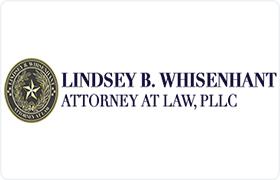Port Arthur DUI-DWI Lawyer, Texas
Sponsored Law Firm
-
 x
x

Click For More Info:
-
Lindsey B. Whisenhant Law Office, PLLC
130 S Charlton St Woodville, TX 75979» view mapCriminal Defense Legal Experience That Gets Results
We take the time to understand your goals and then work with you to ensure we get the job done as quickly and cost-effectively as possible.
800-915-8980
Not enough matches for Port Arthur DUI-DWI lawyer.
Below are all Port Arthur Criminal lawyers.
Ryan Withington Gertz
✓ VERIFIEDOnly two lawyers in Southeast Texas are both Board Certified in Criminal Law and Top 100 Trial Lawyers in Texas; Ryan Gertz is one of them. Focused o... (more)
Scott Oren Renick
✓ VERIFIEDAs a second generation lawyer, Scott Renick believes strongly in protecting the rights of individuals and the right to trial by jury. Before founding ... (more)
John E. Macey
Michael Ray Walzel
FREE CONSULTATION
CONTACTCarolyn Drawhorn Wiedenfeld
FREE CONSULTATION
CONTACT Lindsey Whisenhant Woodville, TX
Lindsey Whisenhant Woodville, TX Practice AreasExpertise
Practice AreasExpertise


